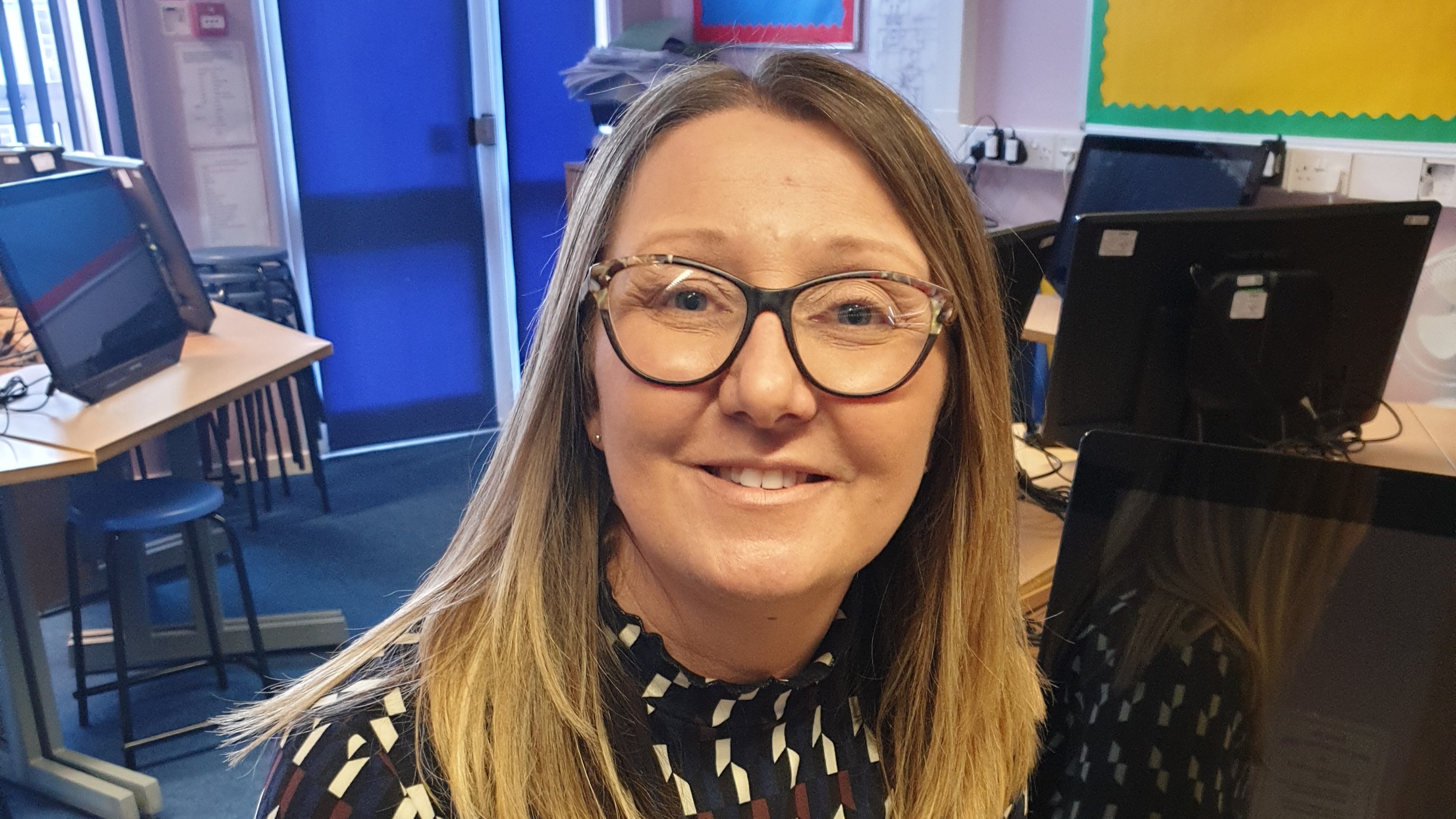
Michelle Cobb, Year 6 teacher and maths lead at Underwood West Academy in Crewe and part of the leadership team at Cheshire and Wirral Maths Hub, describes how using the DfE’s guidance on teaching maths in primary schools has both helped her school get through the pandemic and plan for the post-pandemic future.
We have prioritised teaching areas of maths as part of our COVID recovery as it’s vital for children’s progression and DfE’s guidance has been a key tool in supporting this. The materials have helped us to focus on what each year group needs to achieve by the end of the year, which will act as the building blocks for their future learning.
Concentrating on core concepts
Instead of thinking about how we could move through the curriculum and mathematical concepts at speed in order to ‘catch up’, the guidance has helped us prioritise and concentrate our teaching on the core concepts that children need now and how this will help them develop. Children respond positively when learning in smaller steps and are able to make connections.
Ready-to-progress criteria
The guidance identifies a set of ready-to-progress criteria that cover the core concepts from Year 1 to Year 6. These criteria are crucial as understanding each one is a prerequisite for developing mathematical concepts and making connections to other concepts as pupils move through the primary years.
For example, there is no ready-to-progress criterion for fractions in Y2. This is because the children need time in Year 1 and Year 2 to develop a deep conceptual understanding of multiplication and division before they transfer this understanding to fractions in Year 3.
My colleagues have found the guidance helpful in planning lessons and working collaboratively to understand and support our children’s progression with visible impacts on their learning.
Supporting resources for CPD
Another great addition has been the accompanying PowerPoints on the website of the National Centre for Excellence in the Teaching of Mathematics (NCETM) . There is one for each of the ready-to progress criteria, unpicking them and suggesting resources and teaching approaches that will help children master the concepts before moving on. These have been helpful because they support CPD, which has been difficult to develop during school closures.
Whenever we plan now, we focus on the ready-to-progress criteria. We know that these concepts need to be taught deeply so that the children are able to retain and apply their knowledge as they progress through the mathematical concepts throughout the primary years. We need to spend longer teaching the core concepts so that children are able to make the connections in their future learning.
Help your pupils progress in maths
As teachers prepare for a whole summer term with pupils back in the classroom, the DfE’s guidance on teaching maths in primary schools can help with planning and prioritising the maths curriculum at Key Stages 1 and 2.
Read MoreTeaching




Average Rating